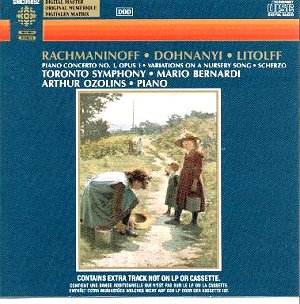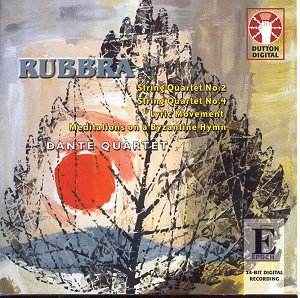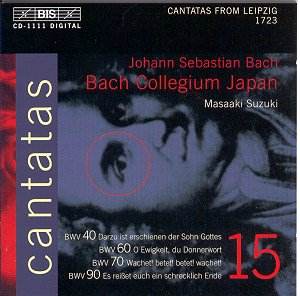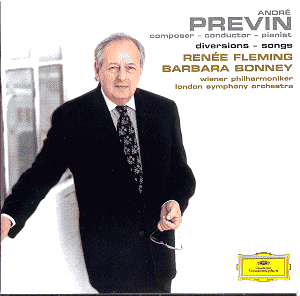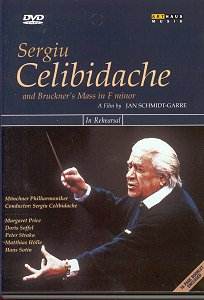 Composer: Anton Bruckner
Composer: Anton Bruckner
Works: Mass in F Minor
Performers: Margaret Price (soprano), Doris Soffel (alto), Peter Straka (tenor), Matthias Holle (bass), Hans Sotin (bass), Münchner Philharmoniker, conductor Sergiu Celibidache
Recording: Filmed in 1993 in Munich and St. Florian
Label: Arthaus DVD 100250
Bruckner’s Mass in F Minor occupies a unique place within the sacred music canon, bridging the sacred and the symphonic in a manner that only a composer of his stature could achieve. Written in 1867, it emerged during a period of profound personal and artistic development for Bruckner, who was grappling with the expectations of both liturgical tradition and the burgeoning symphonic form. This DVD featuring the late Sergiu Celibidache offers an intimate glimpse into the intricate process of realizing Bruckner’s grand vision through the lens of a conductor notorious for his meticulous rehearsal methods.
The documentary, directed by Jan Schmidt-Garre, showcases Celibidache’s profound commitment to the score, revealing both the challenges and rewards of his laborious rehearsal style. Over fourteen days, Celibidache works with the Münchner Philharmoniker and a distinguished quartet of soloists, including the luminous soprano Margaret Price, whose voice embodies the ethereal quality required by Bruckner’s liturgical text. The intensity of Celibidache’s approach is palpable; he eschews the score during rehearsals, emphasizing a deep, intuitive understanding of the work. This method allows him to draw out minute details, such as the delicate interplay of the strings in the “Kyrie,” which resonates with an almost symphonic richness.
The interpretation reflects Celibidache’s philosophy of music as a living entity rather than a static artifact. His attention to dynamics and phrasing yields a performance that is both expansive and intimately detailed. The “Gloria” emerges as a triumphant celebration, with the chorus and orchestra weaving together in a manner that feels both spontaneous and inevitable. Celibidache’s penchant for subtle tempo fluctuations enhances the emotional depth, particularly in the “Sanctus,” where the music’s sacred solemnity is underscored by a profound sense of reverence. In contrast to many interpretations that may opt for a more straightforward, rhythmic drive, Celibidache invites us to linger in the harmonic textures, allowing Bruckner’s harmonic language to unfold with a natural, organic flow.
The sound quality and engineering of this DVD are commendable, capturing the warmth of the orchestral textures and the clarity of the soloists. The visual presentation, however, is somewhat limited, as the focus remains largely on the conductor and the soloists, occasionally losing the broader orchestral perspective. Nonetheless, the cinematography captures moments of genuine musical communion between Celibidache and his performers, particularly during the more introspective passages, where the emotional weight of Bruckner’s music can be fully appreciated.
Compared to other notable interpretations of Bruckner’s Mass—most particularly those by conductors such as Herbert von Karajan or Karl Böhm—Celibidache’s approach is distinctive, prioritizing a philosophical engagement with the score over mere technical execution. His performances, while sometimes criticized for their length and demand for rehearsal time, deliver a visceral experience that often transcends conventional concert performances. This documentary serves as a reminder of Celibidache’s unique ability to breathe life into the works he conducted, making the music resonate on a deeply human level.
The absence of a complete performance of the Mass is a notable disappointment, given the depth of insight provided throughout the rehearsal footage. However, the glimpses of the musical process, combined with Celibidache’s engaging presence, render this DVD essential viewing for those interested in the artistry of music-making and the intricate relationship between conductor and score. The interplay of rigorous preparation and spontaneous musical expression captured here serves as a testament to Bruckner’s enduring legacy and Celibidache’s unparalleled interpretative vision.
